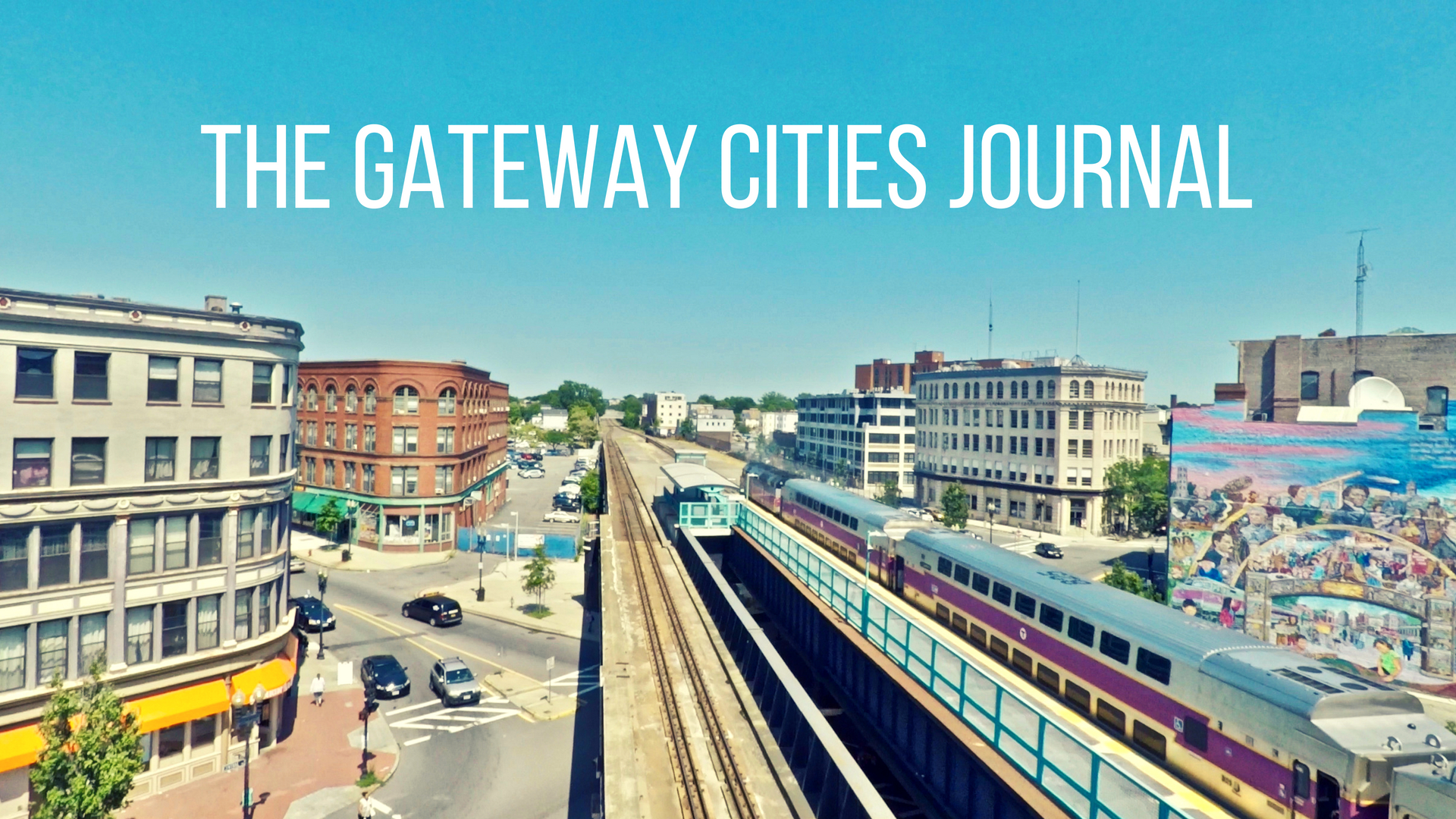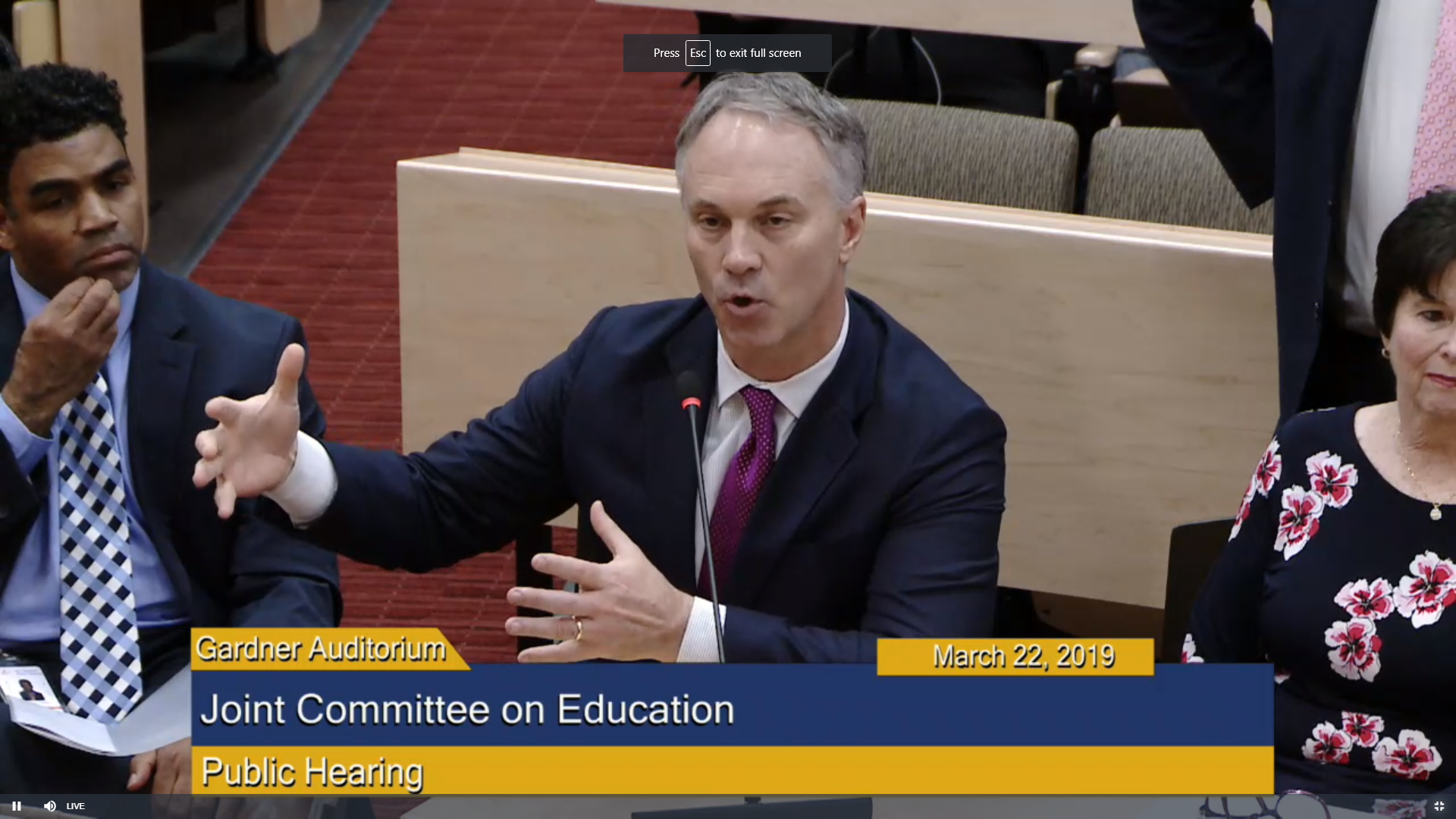
Gateway City leaders converged on Beacon Hill last week to plead for more education funding. The facts are undisputed: In recent years, state aid has not kept pace with rising healthcare and special education costs. Changes to the way the state counts low-income students penalized Gateway City schools that serve large numbers of immigrants. And dollars the state owes Gateway Cities to help them temporarily plug holes when students move to charter schools have not been provided.
Many of these problems surfaced over a decade ago, which means students graduating this June likely received their entire K-12 educations in under resourced classrooms. One after another, Gateway City leaders pressed members of the education committee to acknowledge this painful reality. An honest discussion of the full cost of inaction would recognize that consistently underfunding urban public schools takes an even greater toll on the Commonwealth.
Inadequate state aid fuels growing concentrations of poverty in our Gateway Cities. This is not an inevitable fate. Many young families now find walkable and inclusive urban communities to be highly desirable. Gateway Cities like Brockton, Haverhill, and Lowell, fit the bill, but parents with means will not choose districts that are constantly under pressure to layoff teachers and cut art and extra-curricular activities. While it is often not their first preference, families are following familiar patterns, driving up home prices in select suburbs and keeping another generation of haves apart from the have-nots.
From precariously high income inequality to maddening congestion and anunabated housing crisis, the state’s most pressing challenges hinge on the outcome of the education funding debate. The heart of the matter is not simply whether the state should pick up its share of the tab for rising healthcare costs, special need students, and charter reimbursements, but rather, whether Massachusetts goes further to provide the supports urban schools need when nearly all of their students are low-income.
Pre-k, expanded learning time, and wraparound services make for effective high-poverty schools. These supports are also essential to achieving economically-integrated classrooms that work; schools where low-income students lag far behind their peers are unhealthy learning environment for all.
The Foundation Budget Review Commission estimated that delivering these supports would cost upwards of $1 billion per year. Making this investment is within our means, especially if the state moves forward incrementally.
Next week Harvard’s Joint Center for Housing Studies is hosting Maria Krysan, author of the award-winning book, Cycle of Segregation. It’s a timely conversation in light of the weighty decision Massachusetts legislators are poised to make.
Join us on April 8 in New Bedford for the Southern Massachusetts Transformative Transit-Oriented Development (TTOD) Regional Forum.
Space is limited. Register today!
Housing/Economic Development/TOD
Dr. Tracy Corley writes about Brockton and Rob May’s seven-layer dip in Banker & Tradesman (behind paywall).
Geoffrey Anatole breaks ground on an ultra-modern TOD project in downtown Brockton.
Fall River welcomes the much-anticipated Mission Cold Brew coffee and tea shop to its downtown.
“Dreams realized” as Lawrence Community Works cuts ribbons on five new single-family homes.
Lowell eyes a new approach to eliminate chronic homelessness.
An investor pays $4 million for a 30-unit apartment complex in Lynn.
Lynn debates the latest rail trail proposal.
Top seafood buyers from 14 countries visit New Bedford seafood companies.
The Boston Business Journal chronicles Worcester’s leap in downtown development.
Rent control is back on the table.
The MBTA explores commuter rail electrification.
CityLab explains how low-income Americans are exploited by predatory landlords.
Education
Ben Forman weighs in on the education funding debate with a call for local accountability. He suggests strengthening local governance would be particularly helpful in Fall River.
Debates abound over proposed “pod classrooms” in Pittsfield.
An editorial in Worcester Magazine offers a fix to the education funding formula.
Creative Placemaking
MassDevelopment launches a “Heart of Holyoke” placemaking project.
Brockton students paint a mural on a busy street in the city’s downtown.
The Creative Commonwealth Initiative will soon award several $20,000 grants to benefit the cultural and artistic expression of “diverse and immigrant communities” in Fall River and New Bedford. Applications are still open.
Aerosmith comes to Springfield this summer.
Communities & People
Hundreds join together in Fall River to decry hate after a Jewish cemetery was vandalized. Many note how powerfully the city banded together.
